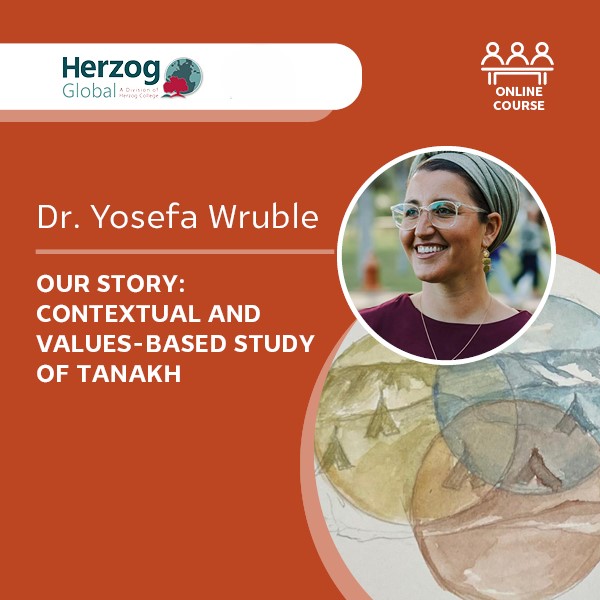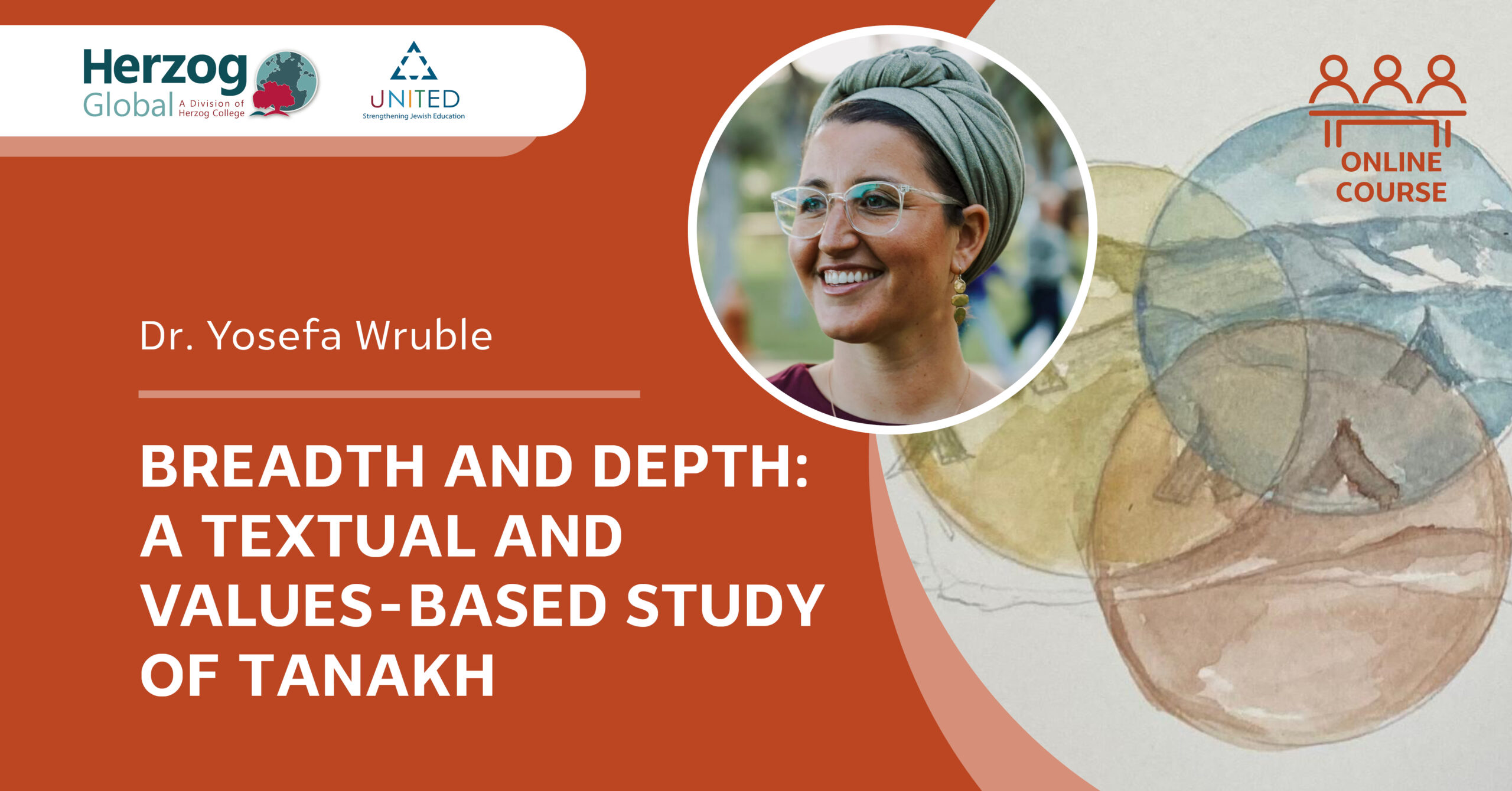Jerusalem: History, Archaeology, and Spirit
$585.00
Following a chronological framework, we will trace Jerusalem’s history from its Canaanite origins to its transformation during the reigns of David, Solomon, Hezekiah, and Nehemiah, culminating in the dramatic events of the Second Temple period.
Out of stock
The dreams of Jerusalem — as a city of justice, kingship, and the Temple — form the foundation of its enduring legacy and resonate deeply within the Jewish Diaspora and beyond. This course invites participants to explore the pivotal moments in Jerusalem's history and its grand visions, such as Isaiah's prophecy of peace, Ezekiel's vision of the Temple, Solomon's house of prayer, and David's royal city. Anchored in a material perspective, we will delve into key archaeological and epigraphic discoveries from the First and Second Temple periods, including David's Palace, Hezekiah's Broad Wall, the Siloam Tunnel, and the Lachish Letters, as well as highlights from the Hellenistic and Hasmonean revolts.
Following a chronological framework, we will trace Jerusalem's history from its Canaanite origins to its transformation during the reigns of David, Solomon, Hezekiah, and Nehemiah, culminating in the dramatic events of the Second Temple period. By integrating historical analysis, archaeological findings, and literary-theological reflections on biblical texts, this course offers a multidisciplinary approach to understanding Jerusalem's profound moments, its historical context, and its enduring aspirations. Participants will leave with a comprehensive grasp of Jerusalem's timeline (1800 BCE–70 CE), its prophetic visions of hope, and innovative ways to connect with its historical narratives.






